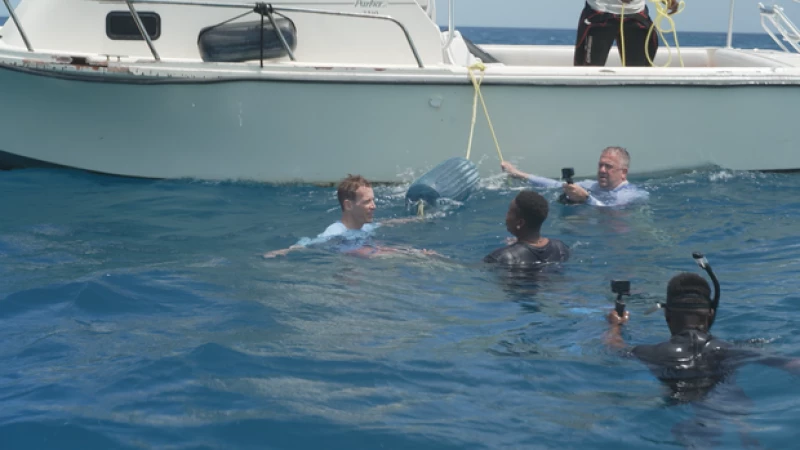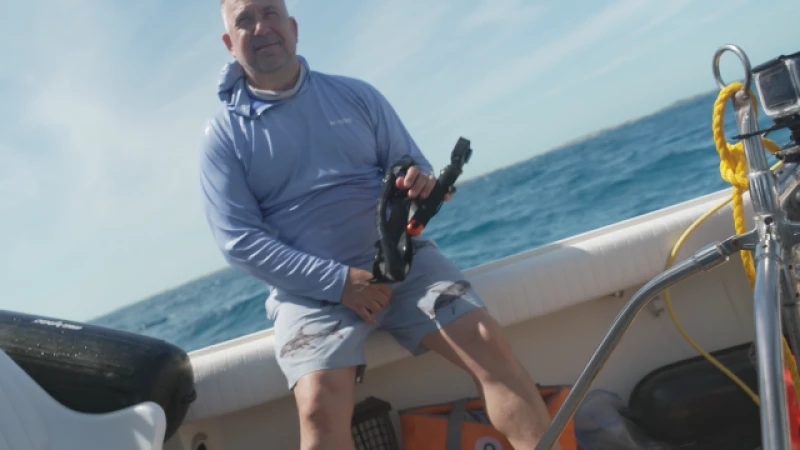Swimming with Sharks: A CBS News Adventure
As I prepared to plunge into the crystal-clear waters of the Bahamas, I couldn't help but feel a sense of excitement. Despite knowing that reef sharks lurked below, I was on a mission to capture footage for a "CBS Mornings" segment highlighting the conservation efforts aimed at protecting these majestic creatures.
Our team found ourselves in the Exuma Cays Land and Sea Park, exploring Marine Protected Areas that play a crucial role in safeguarding vulnerable shark populations. These designated zones help regulate human activities to ensure the preservation of marine ecosystems.
My goal was to film the shark researchers featured in our story from a unique underwater perspective. Stepping into the ocean was a decision I made with careful consideration, banking on the assumption that the sharks would be more curious about the scientific equipment being used than about me.
Reef sharks, vital to the balance of coral reefs, have faced alarming declines worldwide. Despite growing up to 9 feet in length, Caribbean reef sharks are typically docile creatures and pose little threat to humans.
Close Encounter with Sharks
After getting the necessary shots underwater, I noticed a 2-inch gash on my ankle, likely from the boat's propellers, dripping dark red blood onto the deck. Despite the minor injury, I wiped it clean and continued working. However, the realization that sharks could be attracted to the blood hit me.
All my bravado vanished as I turned to Fields with a hint of panic. Could I have narrowly avoided a shark attack due to the blood in the water?
"No, you're safe," Fields reassured me.
Dispelling Shark Myths
Contrary to popular belief, human blood does not significantly attract sharks. "While they can detect your blood, a small drop like that won't create a strong scent," explained Fields.
She went on to clarify that sharks are more drawn to fish blood rather than human blood, debunking a misconception that has unfairly demonized these creatures for years.
"Think of it like this," Fields said, "you can smell both rotting garbage and a freshly baked tray of cookies. But you don't really want to go check out the garbage, while you definitely will check out the cookies."
Reeling a bit from being compared to rotting garbage, I asked for some proof on the subject.
A few years ago, she said, researchers in the Bahamas ran an experiment where they put human blood in the water with a bunch of sharks — and the sharks didn't really have a significant reaction. But when the researchers put fish blood in the water, those same sharks went crazy. You can see that video below:

"So it's just showing they're not really driven toward the smell of human blood, at least not the way that people think," she said. "You know, like if they have a little cut, it's going to be the end of the world."
And just like that, my chance to gloat, to revel in risking life and limb for the sake of journalism, had dissolved like tiny drops in a big blue ocean.







